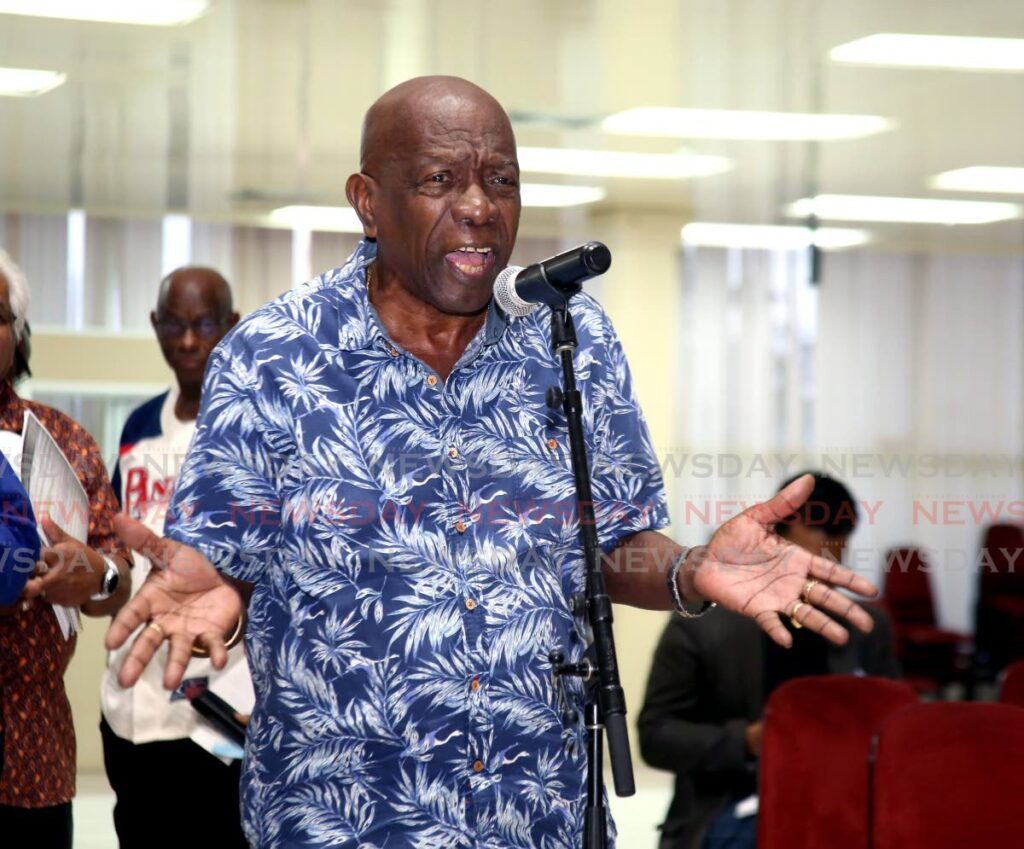Deal or no deal

GOVERNMENT, Opposition and police officials have weighed in over recent claims of the brokering of a peace deal between gangs and law-enforcement officials.
But deal or no deal, these developments serve to underline one thing. Decades after launching an offensive against these entities, the State has failed when it comes to containing them.
That failure predates the Dr Keith Rowley administration. Gangs are not new. Our history is replete with examples, going as far back as colonial days.
Boysie Singh is a name that still evokes horror. The notorious gangster did not act alone, but often in concert with a syndicate of lackeys in the 1940s and 1950s.
Dole Chadee and his gang terrorised the nation in the 1990s. Both were prosecuted under the law, their networks destroyed.
By the 2000s, however, gangs surged and attained a degree of ubiquity that remains disturbing.
Patrick Manning’s second tenure as prime minister was marred by reports of not just one but two “peace” meetings with gangsters: one in 2006 at Crowne Plaza, now the Radisson; another in 2002 at the Ambassador Hotel.
Kamla Persad-Bissessar’s time as PM saw Jack Warner send envoys to Laventille to hold talks with gang leaders. It was Ms Persad-Bissessar’s administration that introduced laws making gang membership criminal in 2011.
However, criminalisation has arguably served to make gangs more appealing in the eyes of those drawn to life outside the law.
If anti-gang legislation served a purpose, it was to allow the State to lock up more people while throwing away the key. Passing such laws allowed gang membership to be added to the list of non-bailable offences. It also allowed the State to train its surveillance guns on these entities.
Neither resulted in deterrence.
From time to time, we are told of breakthroughs occurring behind the scenes, breakthroughs which the police cannot publicise to protect their operations.
Even if that is a given, what the public is seeing playing out on our streets is too horrifying, too bloody to be tolerated, throwing into sharp relief any victories claimed.
We can only go with facts. Senior police officials last year said there were about 134 gangs. Despite this proliferation, we still have not identified why people are drawn to these entities.
Over the years there have been reports and studies highlighting economic factors, the drug trade and the availability of guns. Little attention has been paid to the role of gender tropes, particularly toxic masculinity, in entrenching a culture in which bad is good.
We need to get to the root. To truly come to grips with this problem, we must treat it not just as a national-security crisis, but a social crisis as well.


Comments
"Deal or no deal"